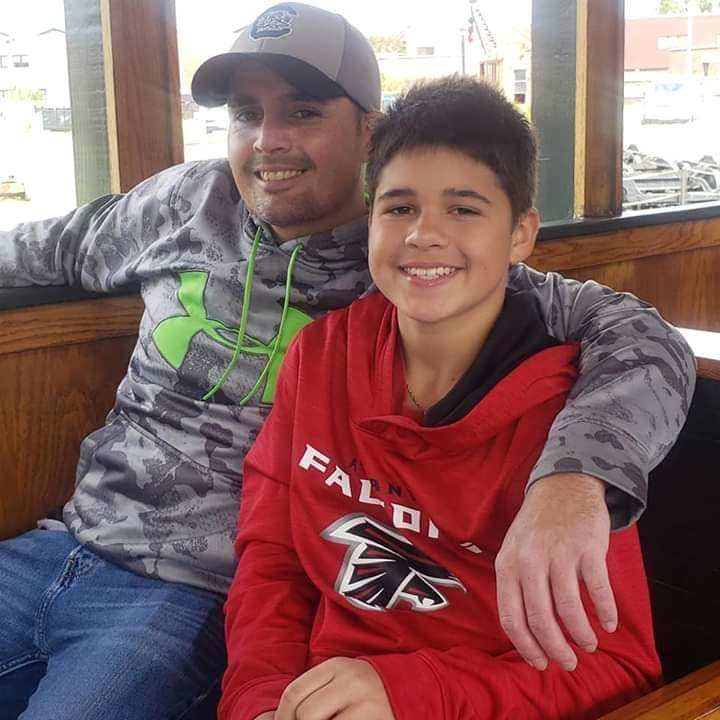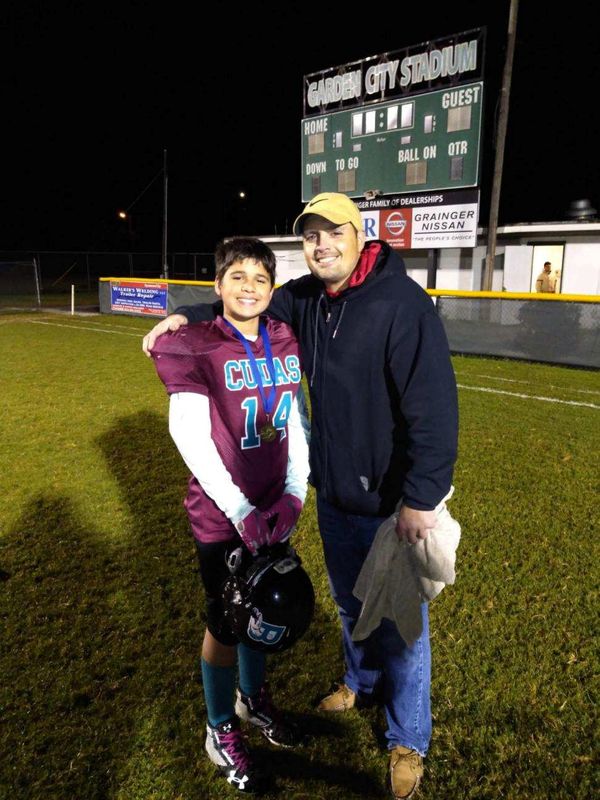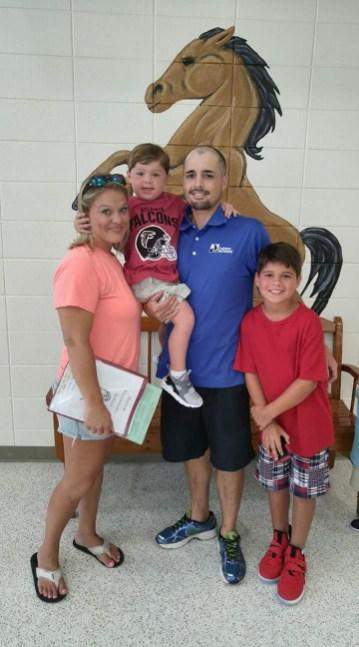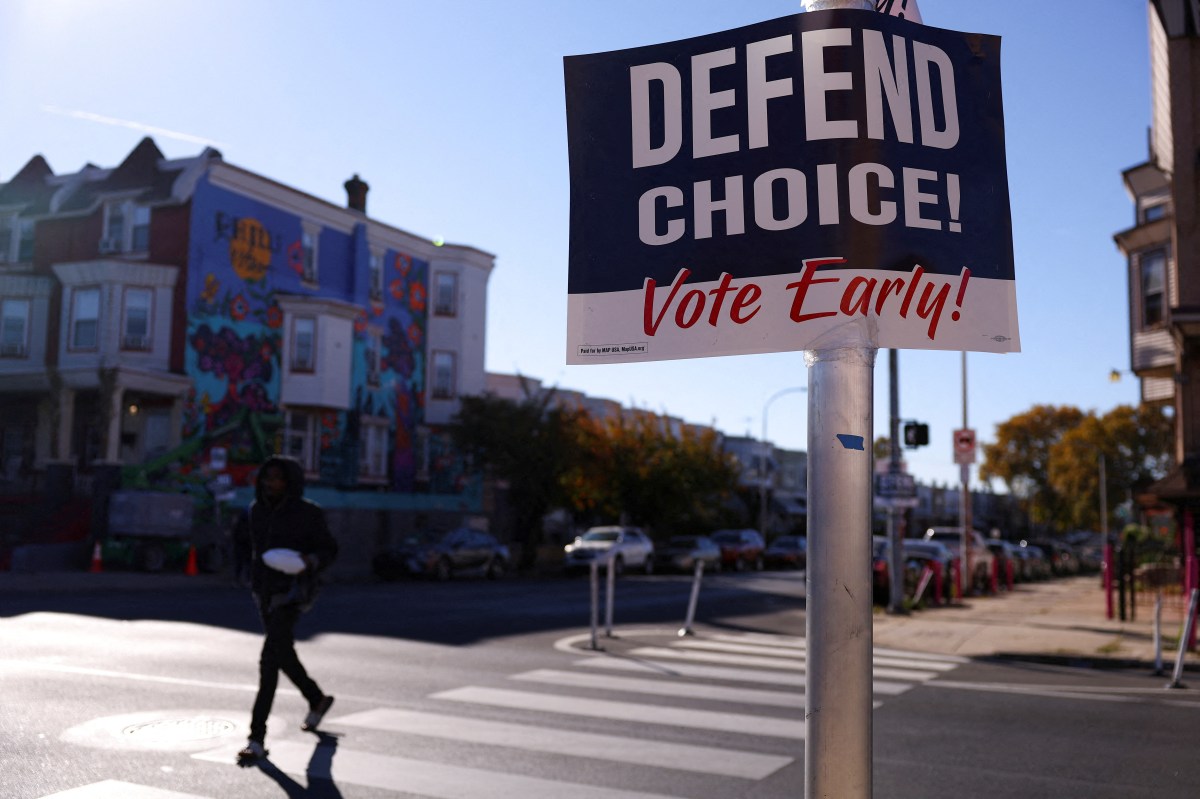(Reuters) – Georgia lawmakers are calling for greater oversight of the Chatham County Detention Center over a string of deaths documented in a series of reports by Reuters.
At least 24 inmates died over 12 years at the facility, two-thirds of them in the last seven years, as the Savannah jail’s healthcare was managed by two different companies. The lawmakers said the pattern of deaths raises questions about the role of private industry in inmate healthcare.
“They are not providing proper care to the inmates through privatization,” said Georgia House Representative Sandra Scott. The Democrat said the state should better monitor healthcare in jails across Georgia, including at the Chatham County facility, to ensure inmates are promptly being seen by medical staff and receiving their medications.
A fellow Democrat, Representative Kim Schofield, said she plans on collaborating with Scott in drafting bills mandating more stringent oversight in a state with no mandatory inspection system for local jails. “This stuff has gone on long enough,” she said.
Any reforms would require support from the legislature’s Republican majority. This year, the parties came together to pass legislation allowing people convicted of misdemeanors to petition to seal their criminal records. GOP legislators did not respond to interview requests for this story.
As scrutiny of the Savannah jail escalates, Reuters has identified another inmate who died there after receiving what independent experts said appeared to be substandard care.
Lee Creely, 34, was arrested on a probation violation September 3 for not reporting his change of address three weeks earlier. Creely, who had served time for drug possession, had just moved from a motel to a house so his sons, aged 12 and 7, could have their own rooms. “We were making a fresh start,” said his girlfriend, Jessica Hodges.
Three nights after his arrest, officers and nurses discovered Creely on his bed, with his face and hands turned blue, his fists clenched in rigor mortis, jail records reviewed by Reuters show.
Officially, the cause of Creely’s death remains under investigation.
Yet Reuters has reviewed confidential internal jail records showing that the facility’s medical provider, CorrectHealth LLC, delivered Creely’s daily medications just once in four days. He had been prescribed the medications to help manage his withdrawal from heroin and benzodiazepines. CorrectHealth also stopped checking his vitals after his second day in jail, violating the company’s own protocols. CorrectHealth’s nurses had not visited Creely’s cell in almost 48 hours before finding his corpse, the records show.
Two correctional healthcare specialists, who reviewed the records gathered by Reuters, said the failure to provide medications and monitor someone in withdrawal violated jail medical standards. The abrupt halting of benzodiazepines can cause seizures, while unsupervised withdrawal from heroin can lead to severe dehydration.
“Benzodiazepine withdrawal can kill someone,” said Dr. Robert Cohen, a former director of medical care at New York’s jail complex on Rikers Island, who has served as a federally appointed monitor overseeing inmate healthcare across the United States.
CorrectHealth did not respond to written questions about Creely’s death. The Chatham County Sheriff’s Office declined comment, citing an “open investigation” into the death.
Sheriff John Wilcher and his office announced the firing of five officers for allegedly failing to check on Creely or respond more quickly. One officer was arrested for allegedly writing falsely in log books that he checked inmates’ cells 10 times over two and half days. Wilcher asked the Georgia Bureau of Investigation to carry out a probe.
The GBI told Reuters it was awaiting the results of Creely’s autopsy before delivering its findings to the district attorney. The agency said it is examining the actions of both jail and medical staff.
Like two-thirds of American jail inmates who die behind bars, Creely died without being convicted of the charge on which he was being held.
“My younger son keeps asking, ‘Why did they let my daddy die?’” said Hodges, the mother of their children. “I don’t know why.”
FINES WAIVED, BONUS GIVEN
Creely’s death is part of a long record of questionable inmate care at the jail. To see earlier Reuters reports on the jail, click https://www.reuters.com/investigates/special-report/usa-jails-monitor/ and https://www.reuters.com/investigates/special-report/usa-jails-privatization
CorrectHealth won the contract in 2016. A year later, an outside monitor suggested the county fine the contractor $5.2 million for staffing and healthcare lapses. The county waived the fines and dismissed the monitor. This November, the county awarded CorrectHealth a $500,000 bonus, citing its increased costs during the COVID-19 pandemic, and boosted its overall contract by more than $1 million for next year.
Outgoing Chatham Commission Chairman Al Scott said the county acted on the suggestion of Sheriff Wilcher, who has jurisdiction over the jail, in boosting the company’s pay. Wilcher, who has previously praised CorrectHealth’s performance, declined to comment, citing the investigation into Creely’s death.
Another outgoing commissioner, Tabitha Odell, told Reuters that CorrectHealth was not meeting the contract’s terms. “When any tragedy occurs, it is necessary to evaluate systems, services, and procedures to see where we can make improvements,” Odell said.
State legislator David Wilkerson plans to propose legislation in the new year that would include mandatory state investigations of jail deaths, oversight of healthcare and alternatives to jail for those with mental health issues or experiencing drug withdrawal.
Wilkerson said he is concerned about the circumstances of Creely’s death.
“There has got to be a better way,” Wilkerson said. “No one should die in jail.”
(Reporting by Ned Parker. Editing by Ronnie Greene)



























